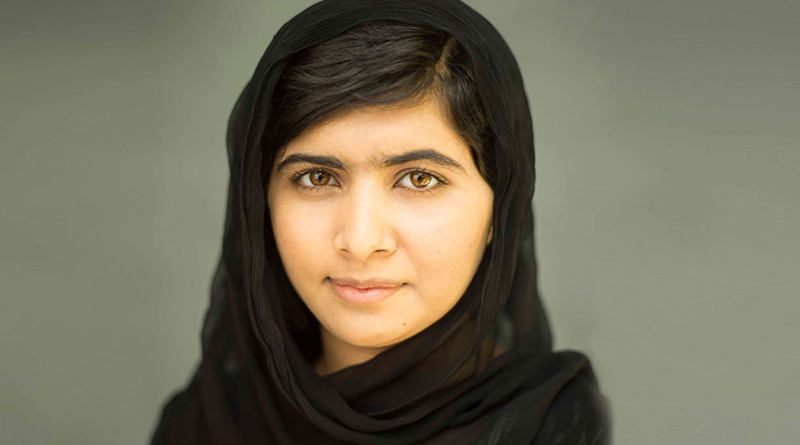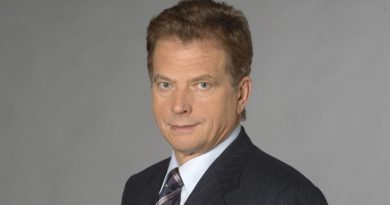UN seeks ‘Malala’ on climate change
Five hundred people are to learn if they have won the chance to vent their frustration at world leaders over the stalemate on climate policy.
They applied to address more than 100 heads of state and government at next month’s UN climate summit in New York.
Many of the candidates are established climate campaigners; they span 115 countries and include victims of natural disasters like Typhoon Haiyan. Just one winner will be chosen to speak at the plenary session.
The rules stipulate that it must be a woman under 30 – which the organisers say will give a voice to the next generation. They maintain that the majority of the poorest in society are women, so they are most likely to suffer worst from climate change.
The UN describes this as its first open competition to select members of the public to address world leaders.
It attracted 544 applicants to email mini-videos urging elected leaders to cut the emissions of CO2 that are driving climate change and ocean acidification.
The organisers are hoping the chosen one will electrify the conference as Pakistani schoolgirl Malala Yousafzai did when addressing the UN in 2013 as part of her campaign to ensure free compulsory education for every child.
Malala had survived being shot in the head the previous year by Taliban gunmen because of her campaign for girls’ rights.
Controversial move
Fully combating climate change is going to require women’s full empowerment everywhere” Susan Alzner UN Non-Governmental Liaison Service
The ability to scour the world for speakers has been enabled by the revolution in social media. The process is being coordinated by just two UN staff.
On Friday, the Secretary-General’s office will choose 38 of the applicants to participate in the conference, three of them to join a panel, and one to speak in the opening ceremony.
The “young women only” rule for the main plenary slot is likely to attract controversy. Some will support it, others may find it sexist, patronising or even manipulative.
The main organiser, Susan Alzner from the UN Non-Governmental Liaison Service, defended her plan.
She told BBC News: “If you consider the huge challenges that still exist for so many women across the world to realise their rights to participate in government and how important it is to show young women that they have this right, then we should give the one available slot to speak to more than 100 heads of state to a young woman.
“Women disproportionately experience the impacts of climate change in particular because 70% of the lowest income people worldwide are women.
“Fully combating climate change is going to require women’s full empowerment everywhere. It is essential that we give women the space to speak on this critical topic that is an existential threat to humanity.”
Breadth of choice
Some of the would be speakers are already known to a global audience, like the young poet and activist Kathy Jetnil-Kijiner, whose Marshall Islands home is threatened by sea level rise.
Some audition videos are demotic whilst others are softly persuasive, like that from Vanessa Dalmau – a campaigner in the Dominican Republic for the green group 350.org.
She hopes to tell world leaders: “I put myself in your shoes and think about the political price you think you will have to pay (for policies to combat climate change). But the rewards we can all reap are larger. And people are ready to follow leaders who take bold action on climate change. Will you be that leader?”
The organisers are delighted by the breadth of applicants. But among them is a young woman whose experience counsels caution: Christina Ora from Solomon Islands has already addressed climate negotiators in 2009.
She told them: “I was born in 1992. You have been negotiating all my life (on climate change). Stop negotiating away our future.”
Her address was made to delegates at the disastrous Copenhagen climate summit. Listening to impassioned youth is one thing: changing current economic policies to combat a risk of uncertain magnitude is another.




